52 ideas that changed the world: 29. Reality TV
From British bricklayers to the US president and the Kardashians, ‘real-life’ shows have created a new type of celebrity
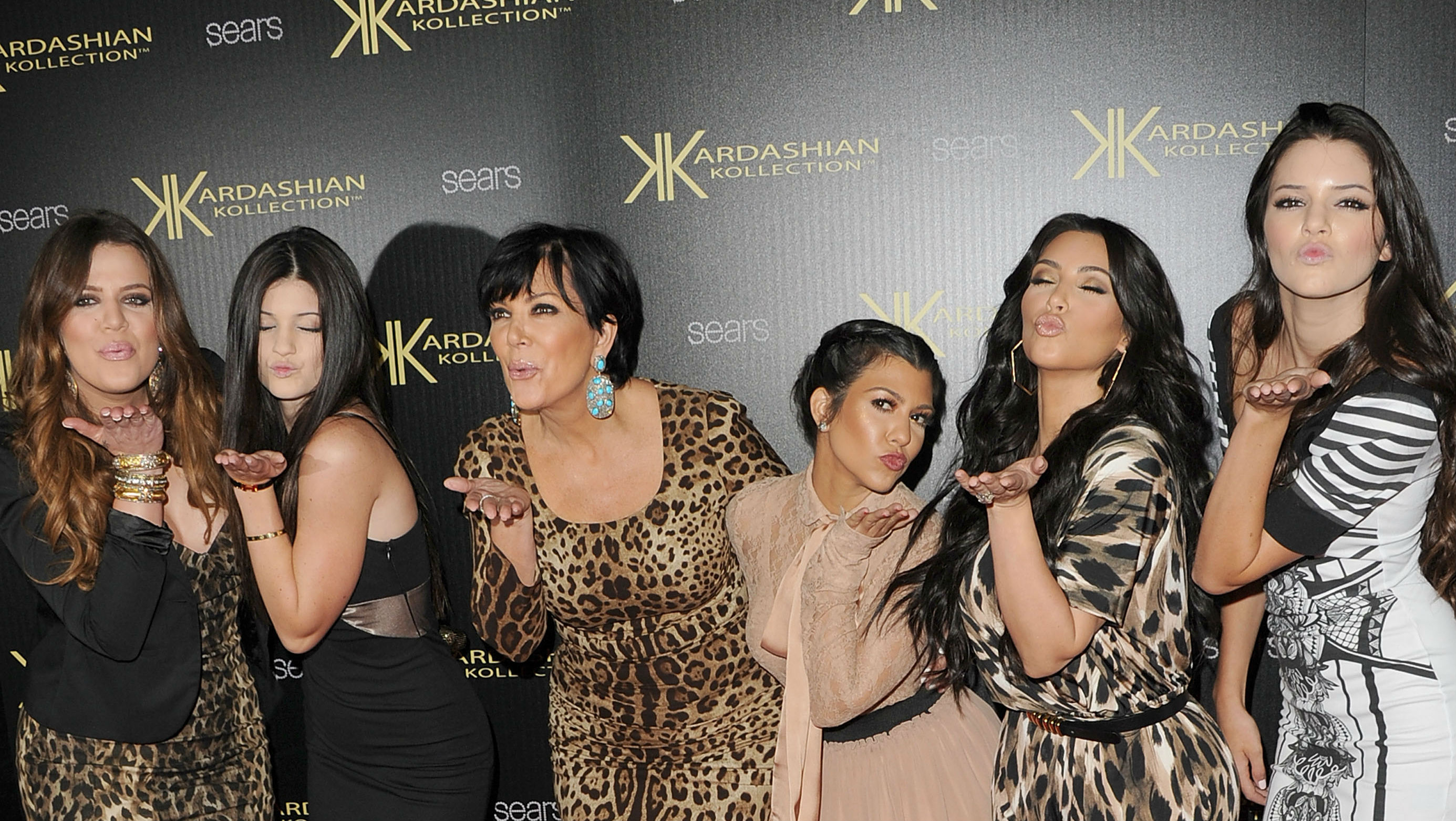
A free daily email with the biggest news stories of the day – and the best features from TheWeek.com
You are now subscribed
Your newsletter sign-up was successful
In this series, The Week looks at the ideas and innovations that permanently changed the way we see the world. This week, the spotlight is on reality TV:
Reality TV in 60 seconds
Reality TV is a type of programme that aims to depict how ordinary people behave in real life, either with surveillance-style cameras or in situations created by the show’s producers that are meant to resemble the everyday.
The Week
Escape your echo chamber. Get the facts behind the news, plus analysis from multiple perspectives.

Sign up for The Week's Free Newsletters
From our morning news briefing to a weekly Good News Newsletter, get the best of The Week delivered directly to your inbox.
From our morning news briefing to a weekly Good News Newsletter, get the best of The Week delivered directly to your inbox.
The phrase is most often used to describe shows that emerged after 2000, when programmes such as Big Brother, which used normal people instead of actors, became hugely successful. The first season of Big Brother was shown in the Netherlands in 1999, but the format has now been copied in more than 40 countries, including Brazil, Bulgaria, Germany, Italy, Spain, India and the UK.
As well as hidden-camera shows, reality TV also encompasses documentaries (such as The Osbournes, Miami Ink and Deadliest Catch), game shows (The Bachelor, America’s Next Top Model and The Apprentice), makeover shows (Queer Eye), talk shows (The Jerry Springer Show) and dating programmes (Blind Date).
One of the most successful recent reality shows has been Love Island. Launched in the UK in 2005, the show pits contestants against each other to find love and become the voting public’s “favourite couple”. The show now airs in 14 countries across Europe, the United States and Australia.
Reality TV has also launched a new type of celebrity, for example the Kardashian family, who became known worldwide for their reality show, Keeping Up with the Kardashians.
A free daily email with the biggest news stories of the day – and the best features from TheWeek.com
How did it develop?
The earliest examples of reality television shows include American television producer Allen Funt’s hidden camera show Candid Camera. First aired in 1948, it broadcast pranks on unsuspecting members of the public and was inspired by Funt’s 1947 radio show Candid Microphone.
In the 1940s, talent search shows in the US, such as Ted Mack’s The Original Amateur Hour and Arthur Godfrey’s Talent Scouts, also featured amateur competitors and audience voting.
But the first reality TV as we would now recognise it came in the 1970s, with two shows debuting on either side of the Atlantic Ocean. In the US, a show called An American Family aired from January to March 1973, offering an intimate examination of a single, nuclear family – the Loud family.
The Washington Post reports that viewers watched in shock as one of the family’s five children, Lance, refused to hide his homosexuality and questions about gender roles rose out of a divorce between parents Pat and Bill.
Asked what the show was about, producer Craig Gilbert replied simply: “It’s about how you and I and everyone in this room and everyone in this country is fumbling around trying to make sense out of their lives.”
At around the same time, a show named Seven Up! was shown in Britain, on Granada TV. It interviewed a dozen seven-year-olds from a cross-section of society about their everyday lives and spawned a number of spin-offs, titled the Up series, in which camera crews would revisit the children every seven years.
As The Independent reports, “intended as a one-off Granada film, Seven Up has developed into a landmark TV social experiment across six decades”.
Following the success of these early reality TV shows, the popularity of the genre continued to grow throughout the 1980s. In March 1989, the show Cops made its debut on US television, following police officers apprehending criminals in their day-to-day jobs. The show only launched because of a writers’ strike, but as hollywoodreporter.com notes, it is “still going strong after 20 seasons and over 700 episodes”.
The 1994-95 O.J. Simpson murder case would come to define reality TV as we know it today. Live television networks followed the former American football star for 90 minutes as he was chased by police and channels interrupted their regular programming for months to cover his subsequent trial.
As television and movie website decider.com says: “The chase embodied so many cinematic styles… Hollywood was again creating a new kind of cinema, which would eventually engulf the world. Welcome to the birth of reality television.”
As the world became obsessed with Simpson’s trial – 150 million viewers or 57% of the US population watched the verdict – many of its key cast members went on to feature in reality TV.
Robert Kardashian’s involvement as a close friend of Simpson and a member of his defence team launched the career of the most famous reality TV family on the planet. He died in 2003, but his family is now worth approximately $1.6bn.
But it was not until 2007 that Keeping Up with the Kardashians would start airing on American cable TV. In the meantime, television shows began springing up that launched a series of ordinary people into the full glare of the spotlight.
In the UK, Big Brother first appeared on television screens in 2000. The show had a simple premise: place a number of normal people in the “Big Brother House”, set them a series of tasks, but mainly just film their interactions. The show became a runaway success, launching the careers of celebrities such as Jade Goody and attracting a peak of 10 million viewers for the 2002 final.
Talent shows re-emerged in the late 2000s, with American Idol and The X Factor launching a number of ordinary people into the music industry. The Apprentice arrived in the US in 2004. It turned a New York property tycoon called Donald J. Trump into an international celebrity.
Contemporary reality TV is now defined by celebrities like the Kardashians. Unlike the reality television of the early years of the millennium, this new brand of show follows the already-famous, documenting their lives through carefully controlled and edited exchanges.
How did it change the world?
Reality TV was the first example of television thrusting normal people into the spotlight, landing them with celebrity, fame and influence overnight.
From a British bricklayer called Craig Phillips, who found fame through Big Brother, to Adam Lambert - a cruise ship singer from the US who now fronts the band Queen after finishing second on American Idol - the format gave the average person the opportunity to change their lives for ever.
While some of these early reality TV stars found their fame short-lived, the genre also launched a new type of celebrity. This can be most prominently seen when you consider who is currently in the White House, or in the case of the Kardashians. Having risen out of their 2007 reality show, the family are now described as “the Medicis of modern celebrity”.
As the New York Post notes: “The clan has lived with us for ten years now, and just as an entire generation doesn’t know life pre-iPhone, they don’t know life pre-Kardashian.”
Joe Evans is the world news editor at TheWeek.co.uk. He joined the team in 2019 and held roles including deputy news editor and acting news editor before moving into his current position in early 2021. He is a regular panellist on The Week Unwrapped podcast, discussing politics and foreign affairs.
Before joining The Week, he worked as a freelance journalist covering the UK and Ireland for German newspapers and magazines. A series of features on Brexit and the Irish border got him nominated for the Hostwriter Prize in 2019. Prior to settling down in London, he lived and worked in Cambodia, where he ran communications for a non-governmental organisation and worked as a journalist covering Southeast Asia. He has a master’s degree in journalism from City, University of London, and before that studied English Literature at the University of Manchester.
-
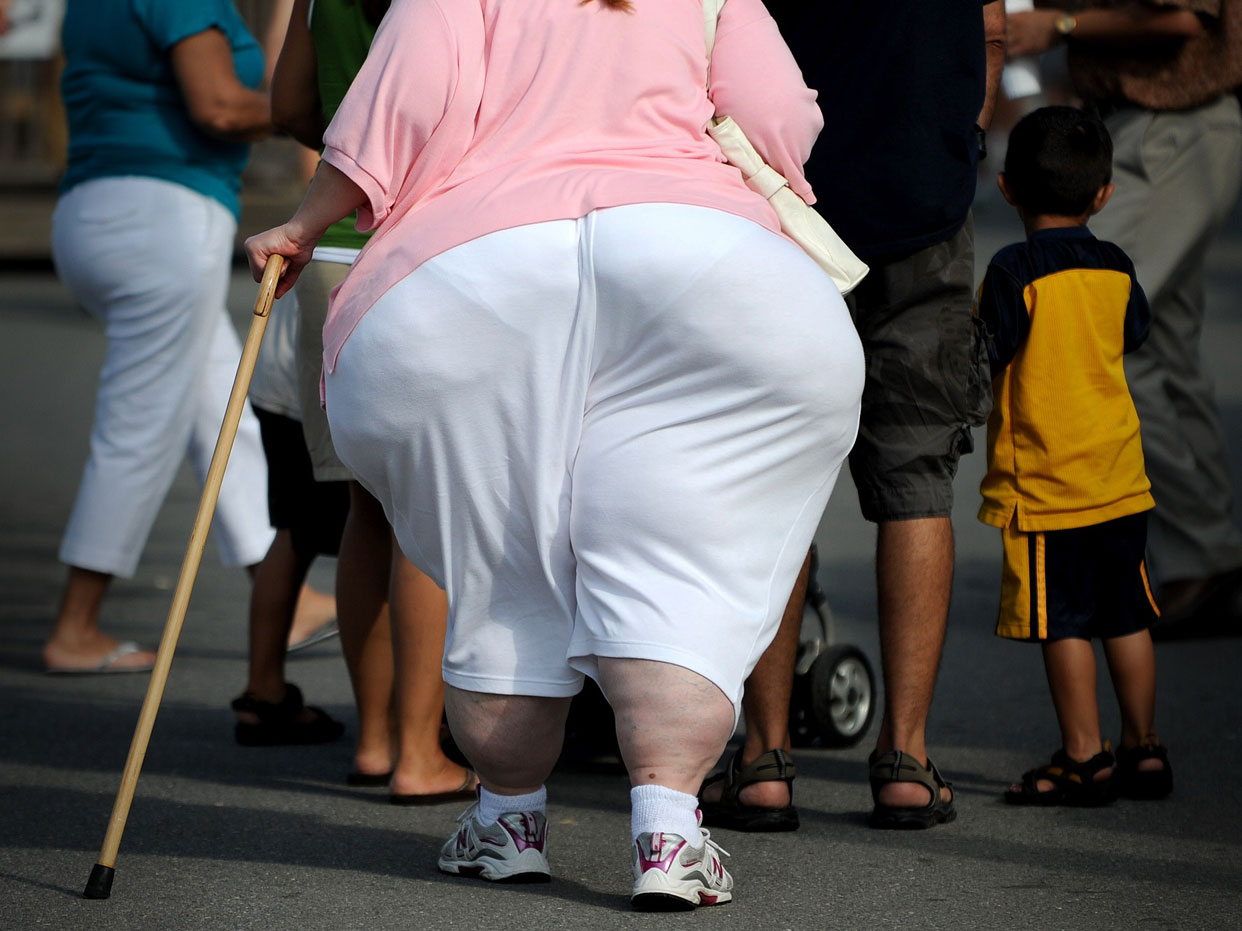 Tirzepatide and the other ‘breakthrough’ obesity drugs
Tirzepatide and the other ‘breakthrough’ obesity drugsfeature Huge demand for weight-loss medication means prices have soared
-
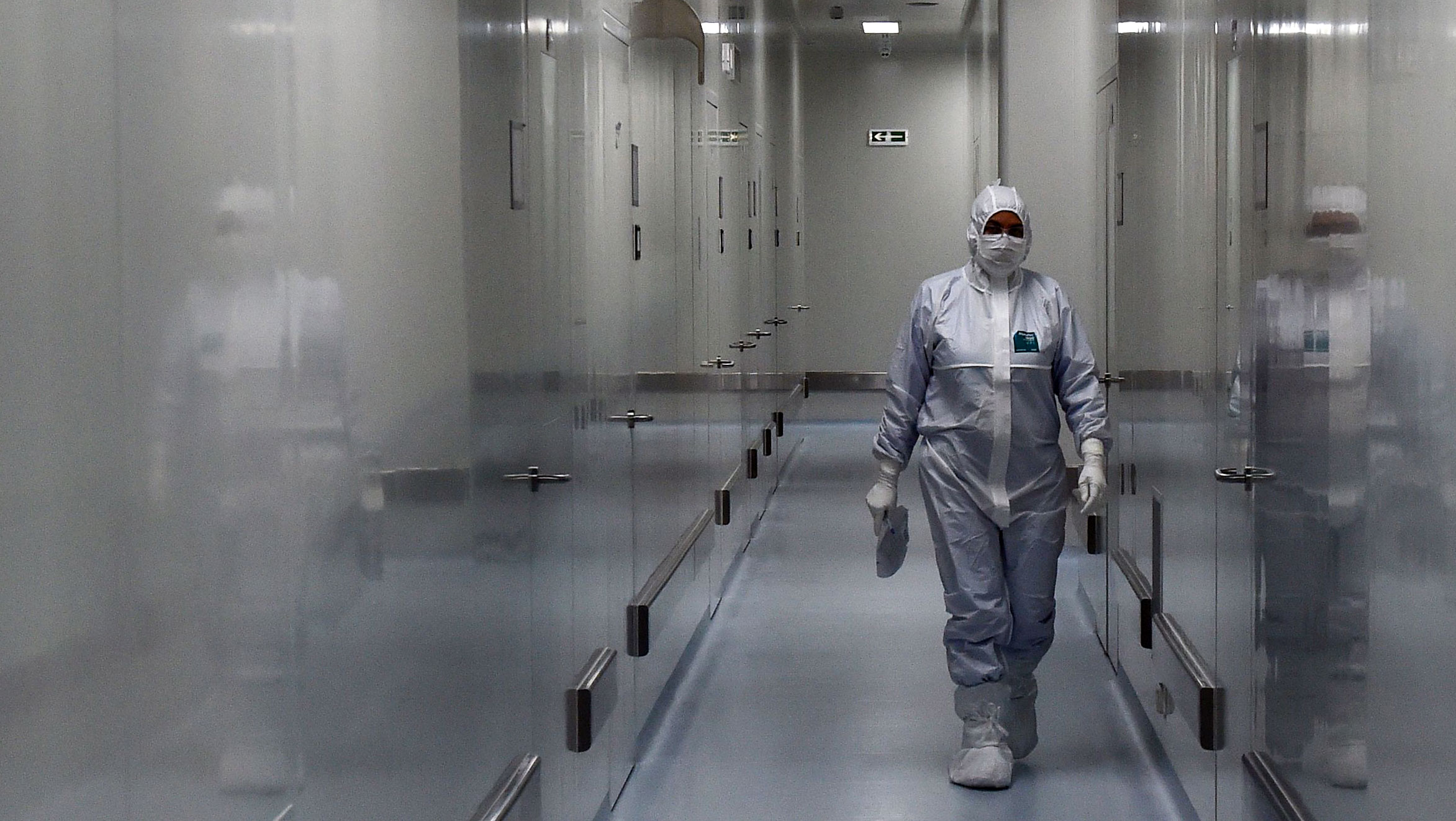 The Week Unwrapped: Immunity, Tunisia and Big Brother
The Week Unwrapped: Immunity, Tunisia and Big Brotherpodcast Will a drug called Evusheld cut Covid deaths still further? Is the Arab Spring over? And are we ready for the return of reality TV?
-
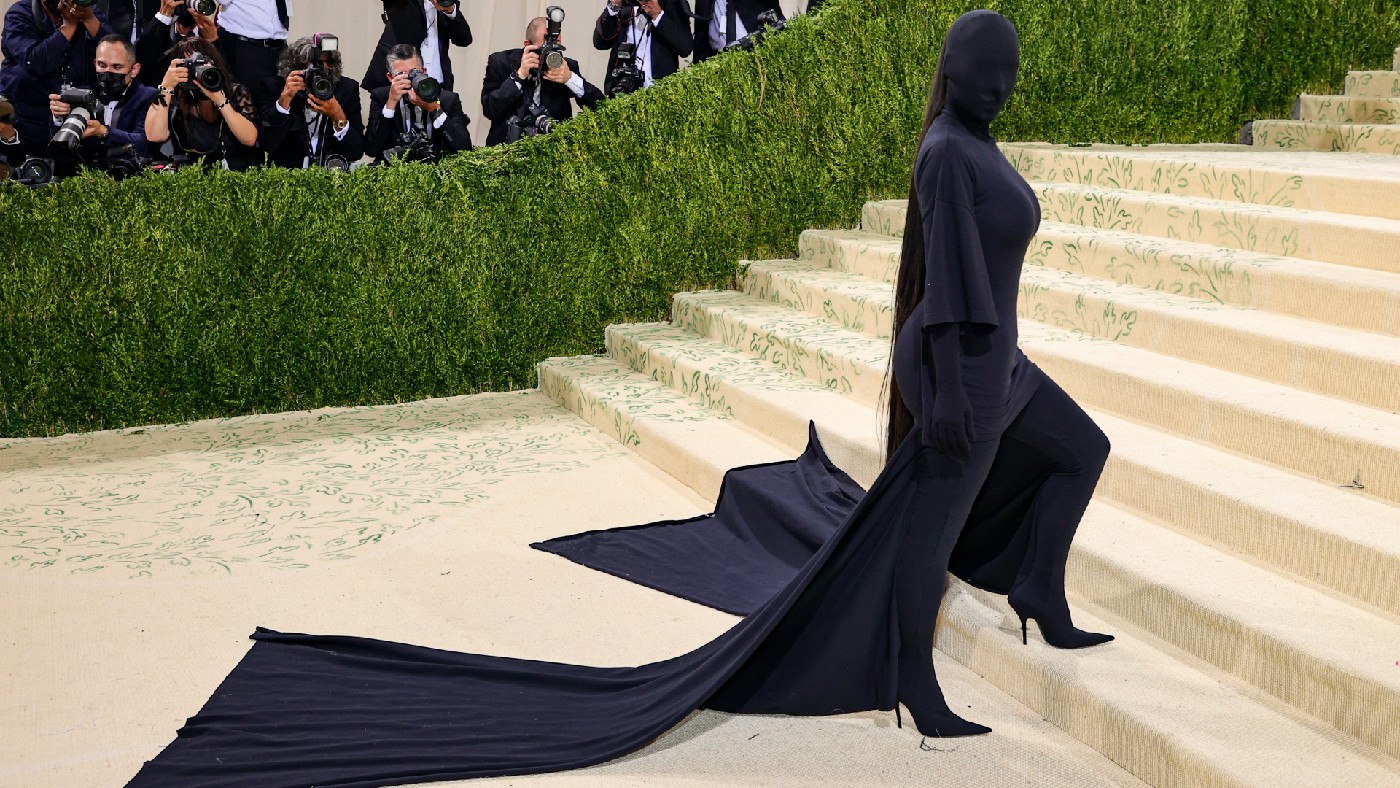 ‘Amid a global pandemic, the Met Gala seemed more irrelevant than ever’
‘Amid a global pandemic, the Met Gala seemed more irrelevant than ever’Instant Opinion Your digest of analysis from the British and international press
-
 52 ideas that changed the world - 52. Zero
52 ideas that changed the world - 52. ZeroIn Depth The technology on which you’re reading this article only works because of zero
-
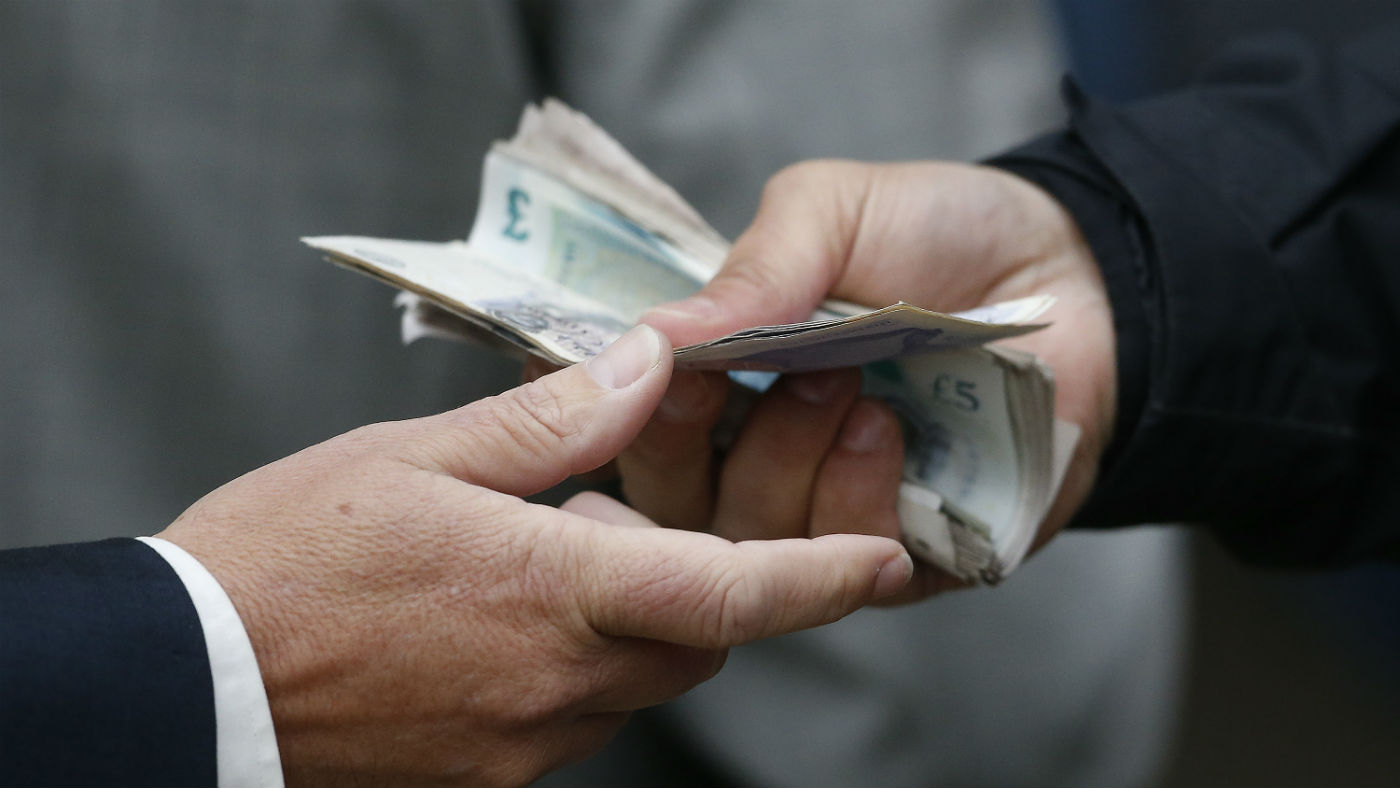 52 ideas that changed the world - 50. Money
52 ideas that changed the world - 50. MoneyIn Depth Millennia of civilisations have used mediums of exchange ranging from seashells and cows to bitcoin and cash
-
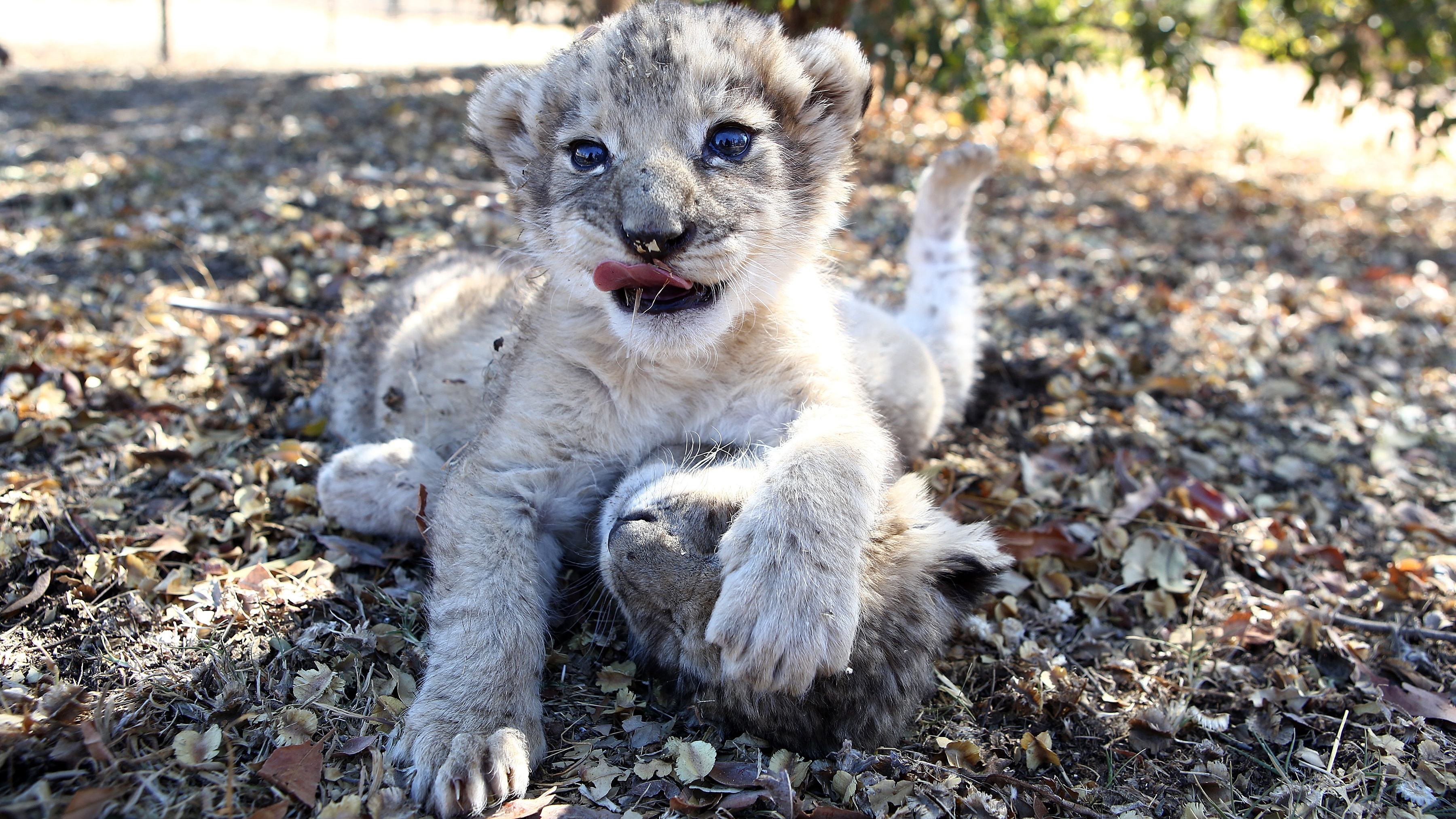 52 ideas that changed the world - 49. Ecology
52 ideas that changed the world - 49. EcologyIn Depth Scientific ecology can be traced back to Charles Darwin and considers living things and their environment
-
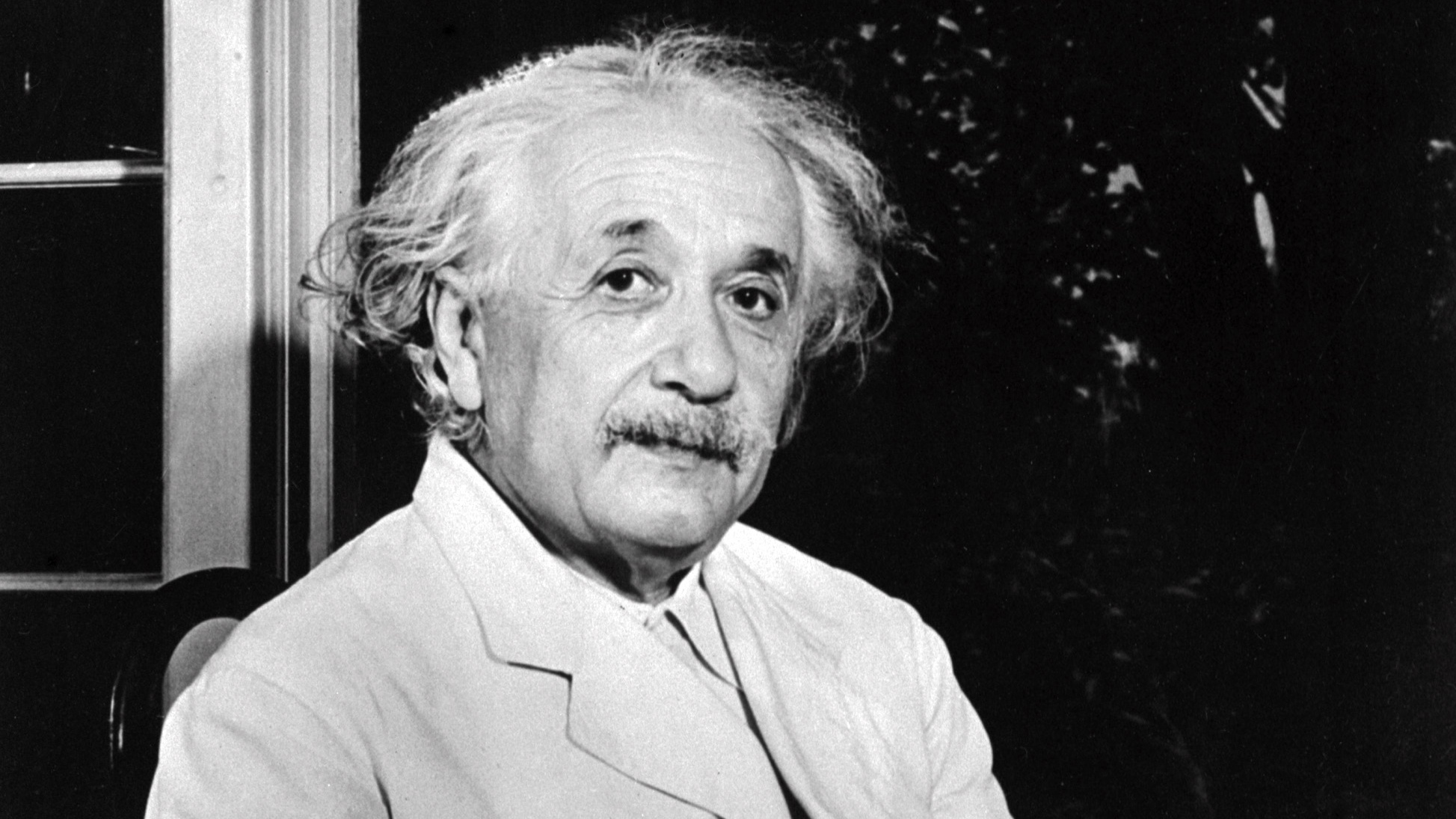 52 ideas that changed the world - 47. Relativity
52 ideas that changed the world - 47. RelativityIn Depth Einstein’s theory remains ‘most important in modern physics’
-
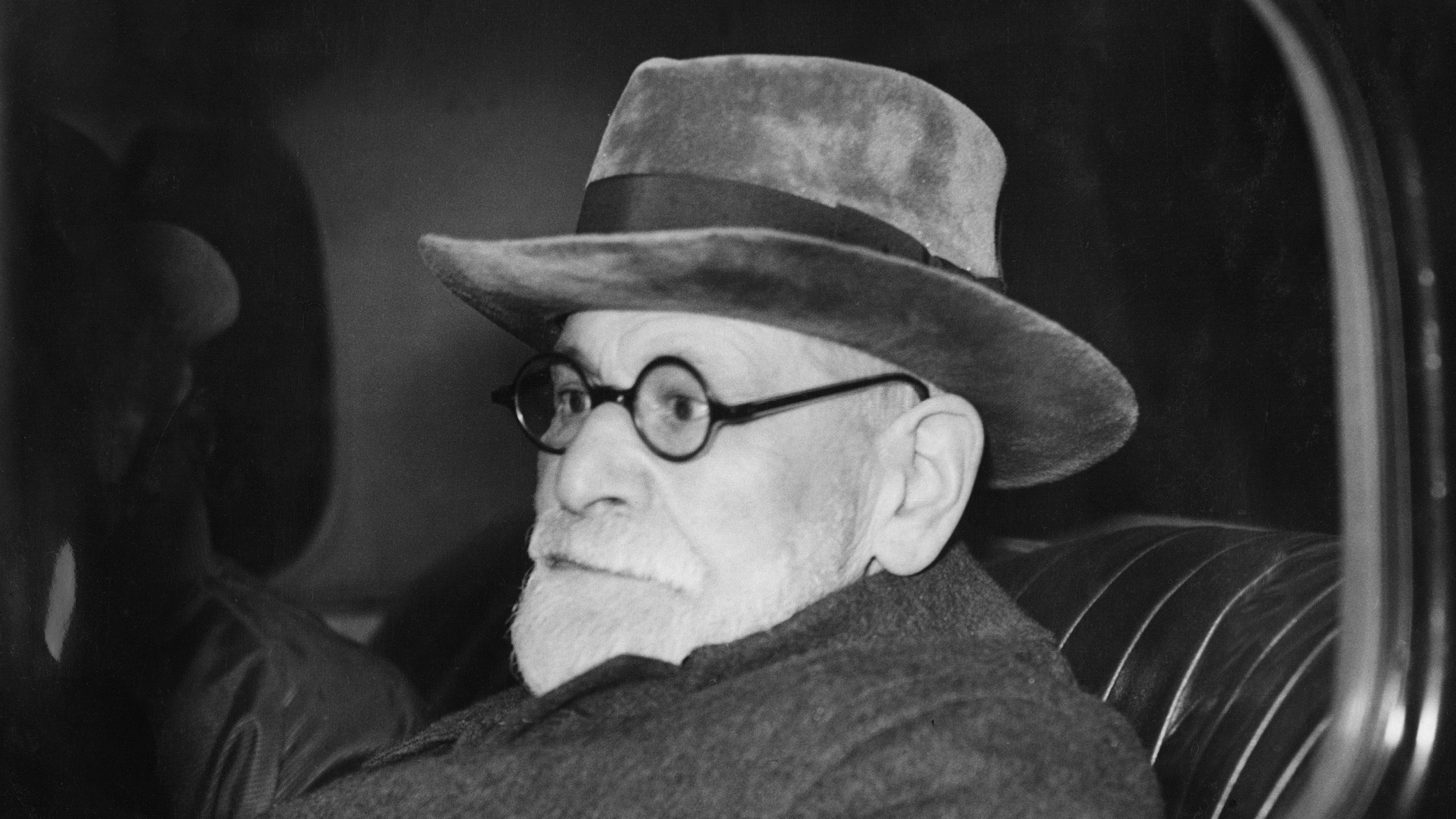 52 ideas that changed the world - 46. The unconscious mind
52 ideas that changed the world - 46. The unconscious mindIn Depth The theory of an obscured section of human consciousness has hooked psychologists for centuries


